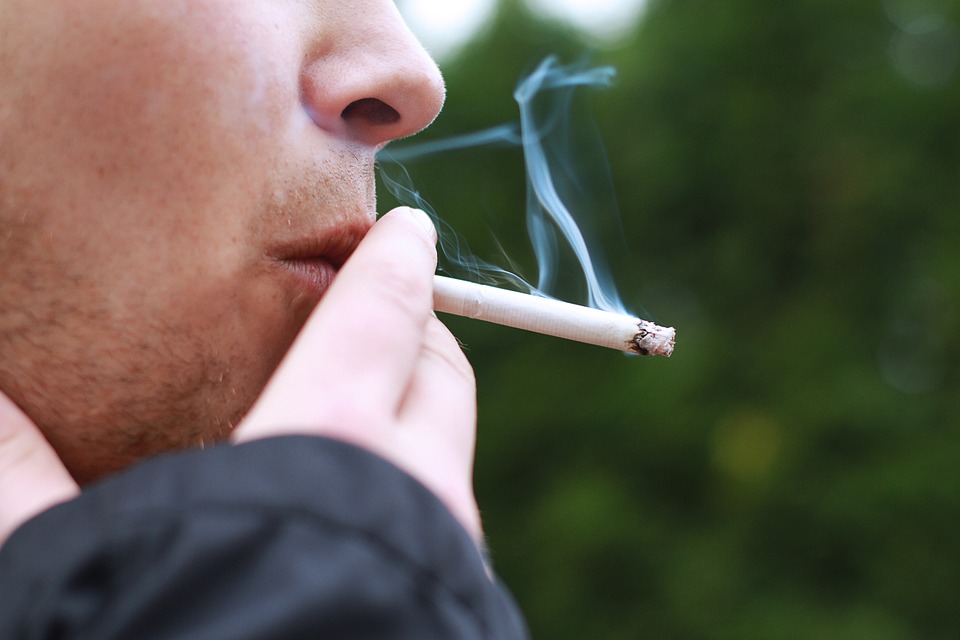Smoking has always posed an array of long-term adverse side effects, and a new study from the University of Leeds only adds to the list of detrimental consequences with findings that the vice significantly declines the rate of surviving skin cancer.
“This study asked all participants about a number of different exposures and smoking was found to be strongly associated with survival. While we can’t exclude the possibility that the effect seen with smoking is actually attributable to a different behavior, that behavior would have to be very strongly related to smoking,” said lead study author and professor of dermatology Julia Newton-Bishop.
In the study funded by Cancer Research UK, the researchers analyzed data from 700 melanoma patients and found that smokers were 40 percent less likely to survive the cancer than those who hadn’t smoked within the last 10 years of their diagnosis.
In a subset of 156 patients who demonstrated a heightened genetic signal for immune cells, smokers were four and a half times less likely to beat the cancer than those who had never smoked. Both smokers and nonsmokers had a similar number of genetic signals, but immune cells only seemed successful in nonsmokers, prompting the researchers to consider smoking’s role in their function.
“The result is that smokers could still mount an immune response to try and destroy the melanoma, but it appears to have been less effective than in never-smokers, and smokers were less likely to survive their cancer,” said Newton-Bishop.





